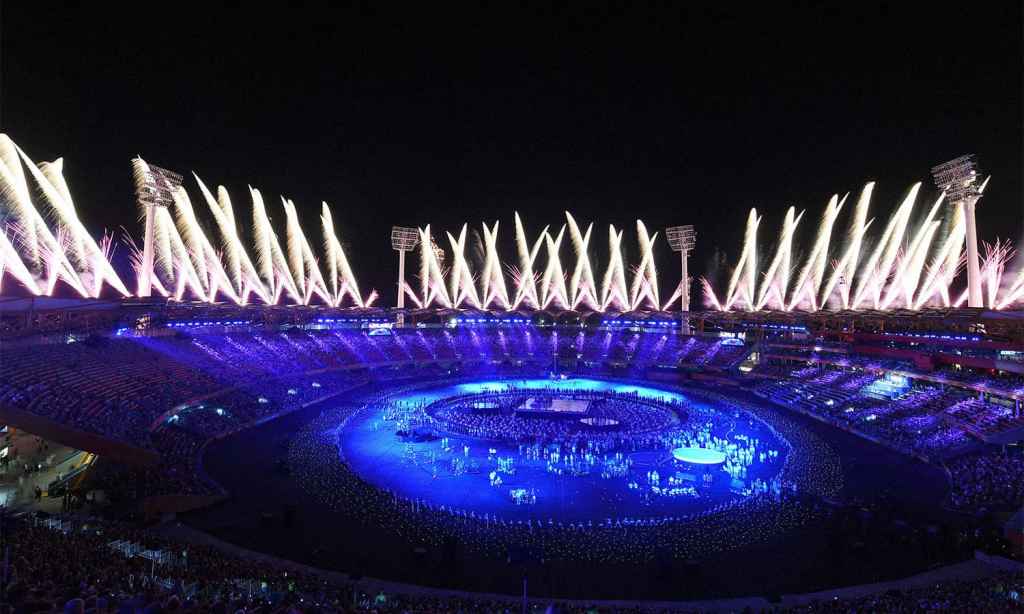Started in 1930, the Commonwealth Games have been played every four years between athletes from the Commonwealth of Nations. It’s like a mini Olympics, except only those who were colonised by Britain can compete in a kind of bizarre spectacle meant to sure up Commonwealth comradery that generally ends up reminding us of our bloodied and tenuously linked history.
Apparently, after 92 years, only three countries are at all interested in keeping the tired imperial sporting event alive, and even then, only at a push.
The Games will be held in Birmingham, UK, later this year and are expected to be hosted in Victoria in 2026. However, Melbourne had to be approached — rather than apply for the position — by a “desperate” Commonwealth Games Federation after no other city in the more than 70 countries that make up the Commonwealth Games Federation Members wanted the gig.
To be fair, this has somewhat less to do with the games themselves and more to do with the fact that no country really wants to be planning for a major international sporting event during a pandemic.
Durban, in South Africa, was supposed to host the games in 2022 however they pulled out because of the pandemic, meaning that Birmingham, originally supposed to host in 2026, had to step in to fill the gap.
Because the host city is normally chosen five years out, long term planning can be arranged to ensure the event runs smoothly. However, as that date has passed and no city has been selected for 2026, it seems like the whole thing could collapse unless decisions can be made quickly.
By the looks of things, a quick decision is unlikely to happen. According to The Sydney Morning Herald, talks between the Andrews government and Commonwealth Games Australia have stalled over disagreements about where the events will be hosted.
Andrews is hoping to use the games to shake up interest and investment in regional Victoria as well as boost public housing through the building of accommodation in areas where it is badly needed and could be used post-Games.
Seeking to generate further interest in the event, the Commonwealth Games committee has said that they will no longer follow the ‘mini Olympics’ modelling, offering host nations the chance to construct their own games schedule, provided swimming and track events remain.
While it is an opportunity for major regional investment, Andrews has recently said that he is not yet ready to make any decisions on the Games and, with the clock ticking to start preparations, there are suggestions that the Birmingham games could very well be the last.
Only very few of the Commonwealth countries have ever held the former “British Empire Games,” which typically bounces between the UK, Australia, and Canada. If Victoria hosts the games in 2026, it will be the second time the city has done so, and the sixth time Australia has in the games near 100 year history.
While there appears to be little interest from many of Britain’s former colonies, Australia is particularly keen on the Games, mainly due to the face that we normally win them. Because of this, the Games could very well go ahead, however their future is certainly in doubt.
Canada have said that they might be interested in hosting the 2030 Games in the city of Hamilton, Ontario, where the games where first held 100 years before. They could possibly adopt the regional model that Victoria is proposing, but with top-tier international sporting events like the Olympics and the FIFA World Cup drawing more and more attention each round, second level events like the Commonwealth Games could soon be seen as too much hassle to bother with.
Read more stories from The Latch and subscribe to our email newsletter.

